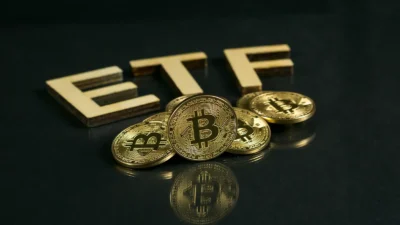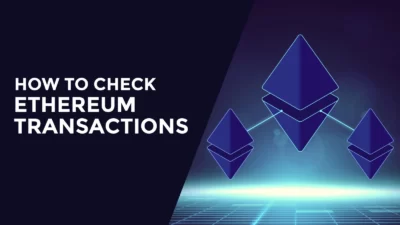As the cryptocurrency industry builds up its fraud detection abilities, blockchain security firms are constantly uncovering new scams. By using black market identities, crypto scammers can create a sense of legitimacy and trust among potential victims. Scammers can also use these identities to conceal their true location and hide their activities from law enforcement officials.
Role of KYC Actors
There are professional KYC actors who offer their services on the darknet. They will create a fake identity for you, and they can even provide you with supporting documents like utility bills and bank statements. All of this is done in an effort to help you hide your cryptocurrency transactions from the authorities.
Crypto scammers have been taking advantage of a black market of individuals to commit cryptocurrency scams that are willing to put their name and face on fraudulent projects — all for the low price of $8.00. This cheap and easy access to fake faces has allowed scammers to create more believable scams, dupe more innocent investors, and walk away with greater profits. “Professional KYC actors” would, in some situations, agree to become the verified face of a crypto project and earn trust within the crypto community before an “insider hack or exit scam.” The ease with which scammers can obtain fake faces highlights the need for greater vigilance when it comes to investing in crypto projects.
These Know Your Customers (KYC) actors aren’t just used for identity theft, but also to open up financial accounts that the bad actors will use.
A growing number of underground marketplaces have emerged that offer to sell KYC information to anyone who is willing to pay. These marketplaces often operate on the dark web or through encrypted messaging apps such as Telegram and Discord. Customers can browse through dozens of KYC providers and choose one that meets their needs.
Which makes it easy for even novice criminals to get started in this lucrative business. ‘As long as there is a demand for illegal goods and services, these underground marketplaces are likely to continue to flourish’, experts say.
The more expensive gigs require the KYC actor to put their face and name on a fraudulent project. Data says that most actors are seemingly exploited as they are based in developing countries “with an above-average concentration in South-East Asia” and paid around $20 or $30 per role.

More complicated verification processes could result in an even higher price, especially if the people running these checks are from countries considered to have a low money laundering risk.
If an actor were to play the role of CEO for a nefarious project, they could make up to $500 per week. However, the market for these services is relatively small when compared with those that are already authorized by banks and cryptocurrency exchanges.
A significant percentage of transactions on black marketplaces are conversions from cryptocurrency to fiat currency (or vice versa). More than 500,000 members in marketplace sizes ranging from 4,000 to 300,000 were buyers and sellers on these markets.
Efforts to Combat Crypto Scams
The industry is quickly finding new ways to combat crypto scammers. A recent tool that has been released uses artificial intelligence and blockchain data to help find and prevent fraud. This is a major breakthrough for the industry, and it will hopefully help put an end to crypto scams. Also, there are a few measures that companies are taking to cope with these professional KYC actors.
Firstly, they are working to develop sophisticated KYC processes that can detect fake identities. Secondly, they are monitoring the activity of users and look out for any suspicious behaviour. Finally, some of them started working with law enforcement agencies to track down and prosecute these criminals.
These efforts will benefit the industry overall as still it is seen that some beginner traders hesitate to buy Bitcoin in Dubai or anywhere else in the world because of scammers’ history. These efforts will ensure this industry’s safety and will encourage more people.
Blockchain transactions are often thought to be more anonymous than traditional financial transactions. However, this is not the case. In fact, it is often easier to track blockchain transactions than traditional transactions. This was recently demonstrated when French authorities used on-chain analysis to find and charge five people who had stolen nonfungible tokens (NFTs) via a phishing scam.
By tracking the blockchain transactions, authorities were able to trace the stolen NFTs to the wallets of the five suspects. This example shows that blockchain transactions are not as anonymous as many people think, and that they can actually be used to track down criminals which is positive news for crypto enthusiasts.







